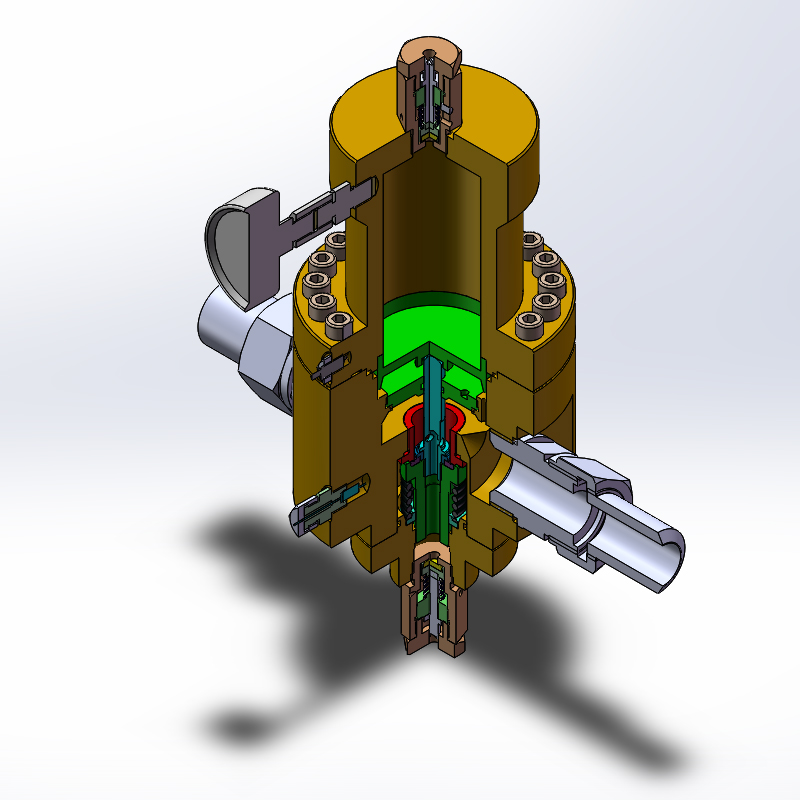
Sep . 02, 2024 11:28
Back to list
natural gas valve
The Importance of Natural Gas Valves in Modern Infrastructure
Natural gas has become a cornerstone of energy consumption in the modern world, providing a reliable and efficient source of power for residential, commercial, and industrial applications. At the heart of natural gas distribution systems are valves, essential components that control and regulate the flow of gas. This article explores the crucial role that natural gas valves play in ensuring safe and efficient gas management.
Natural gas valves come in various types, each designed for specific applications and requirements. The most common types include gate valves, globe valves, ball valves, and check valves. Gate valves are often used to start or stop the flow of gas, while globe valves provide better flow regulation with their ability to modulate the flow according to varying demands. Ball valves offer quick shut-off capabilities, making them ideal for applications where immediate flow control is necessary. Check valves prevent backflow, ensuring that the gas flows in one direction and reducing the risk of contamination.
One of the primary concerns in natural gas handling is safety. Therefore, the design and materials used in manufacturing valves are critical. Valves must be robust and resilient to withstand high pressures and to prevent leaks that could lead to dangerous situations, such as explosions or fires. Materials like stainless steel and carbon steel are commonly used due to their strength and resistance to corrosion. Additionally, valves must comply with strict industry standards and regulations to ensure they meet safety requirements.
natural gas valve

Another important aspect of natural gas valves is automation
. With the increasing demand for remote and automated systems, smart valves equipped with sensors and communication technologies are becoming more prevalent. These smart valves can provide real-time data on flow rates, pressure levels, and valve status, allowing for proactive maintenance and quicker response to potential issues. This technological advancement not only enhances safety but also improves efficiency in gas distribution networks.Maintenance is essential for ensuring the reliability and longevity of natural gas valves. Regular inspections and servicing help identify potential problems before they escalate. This is especially important in preventing leaks, which can pose significant environmental and safety hazards. Operators must be trained to recognize the signs of wear and tear and to perform routine checks on valve performance.
In conclusion, natural gas valves are indispensable components of modern energy infrastructure. They play a critical role in managing the flow of gas safely and efficiently. As technology continues to advance, the evolution of valve design and automation will further enhance the safety and efficiency of natural gas distribution systems. Emphasizing quality, compliance, and ongoing maintenance will ensure these valves operate effectively, safeguarding both people and the environment in our increasingly energy-dependent world.
Latest news
-
Safety Valve Spring-Loaded Design Overpressure ProtectionNewsJul.25,2025
-
Precision Voltage Regulator AC5 Accuracy Grade PerformanceNewsJul.25,2025
-
Natural Gas Pressure Regulating Skid Industrial Pipeline ApplicationsNewsJul.25,2025
-
Natural Gas Filter Stainless Steel Mesh Element DesignNewsJul.25,2025
-
Gas Pressure Regulator Valve Direct-Acting Spring-Loaded DesignNewsJul.25,2025
-
Decompression Equipment Multi-Stage Heat Exchange System DesignNewsJul.25,2025

